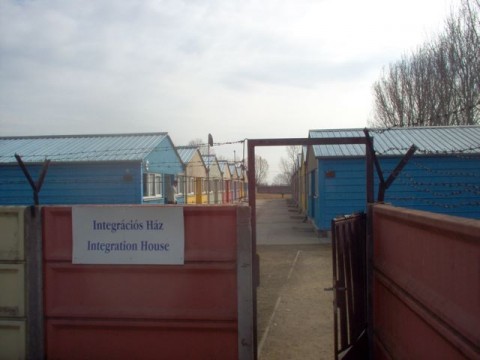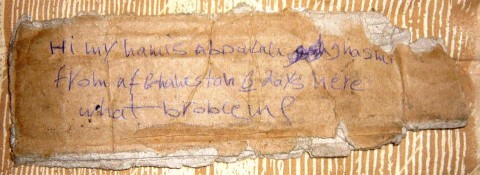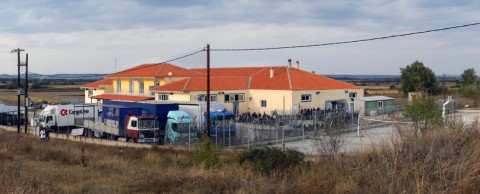The Guardian released two embassy cables provided by the by now well-known wikileaks cablegate that report on the Greek government’s position and strategy on dealing with irregular migration. This article provides a short summary of the contents. Both reports were written shortly after the change of government in October 2009, in December and February respectively. They don’t offer any surprising insight, but sketch some policy lines.
- Greece tackles migration and asylum issues. 4th of December 2009
- Greece revamps security service and tackles immigration. 1st of February 2010
The first embassy cable, Greece tackles migration and asylum issues confirms that asylum and migration are high priority to the new government, both on a domestic as well as on a European level. From the summary:






